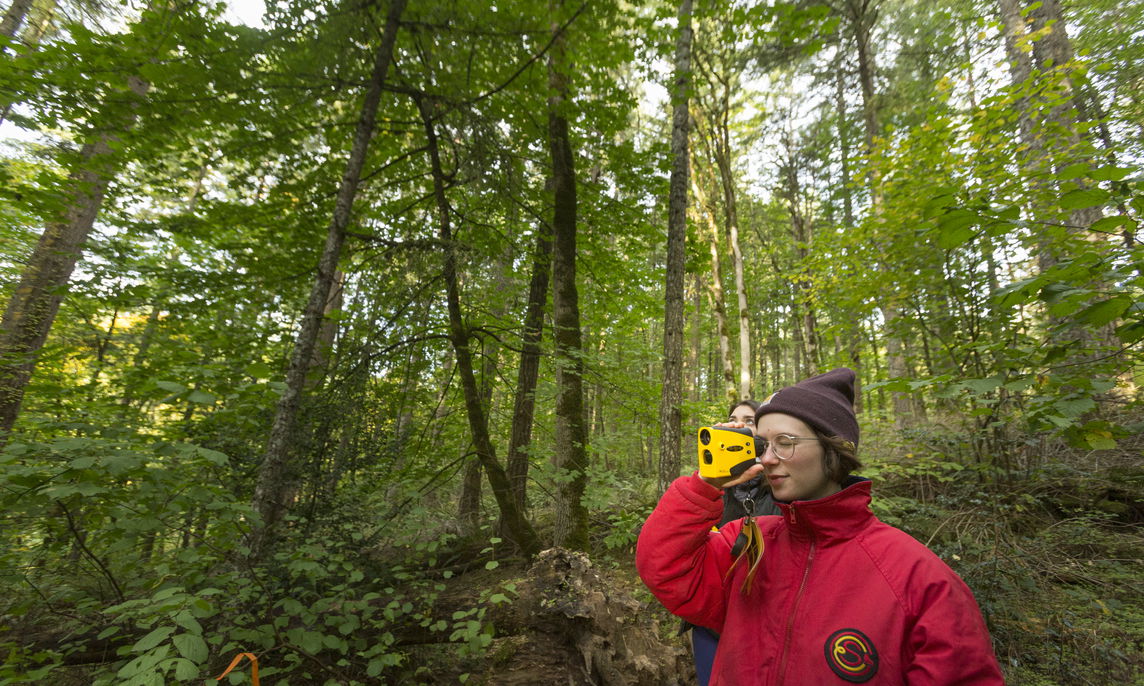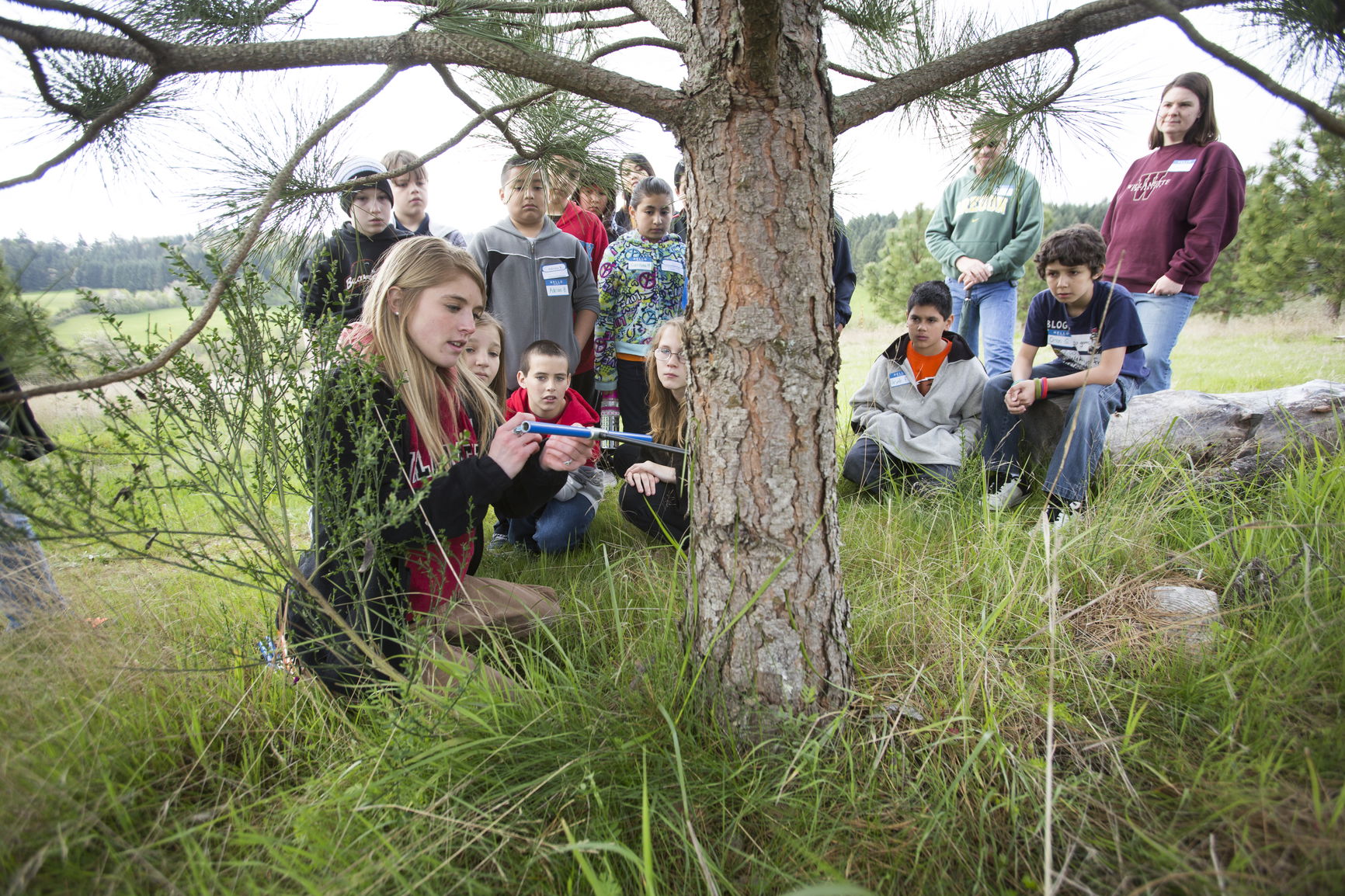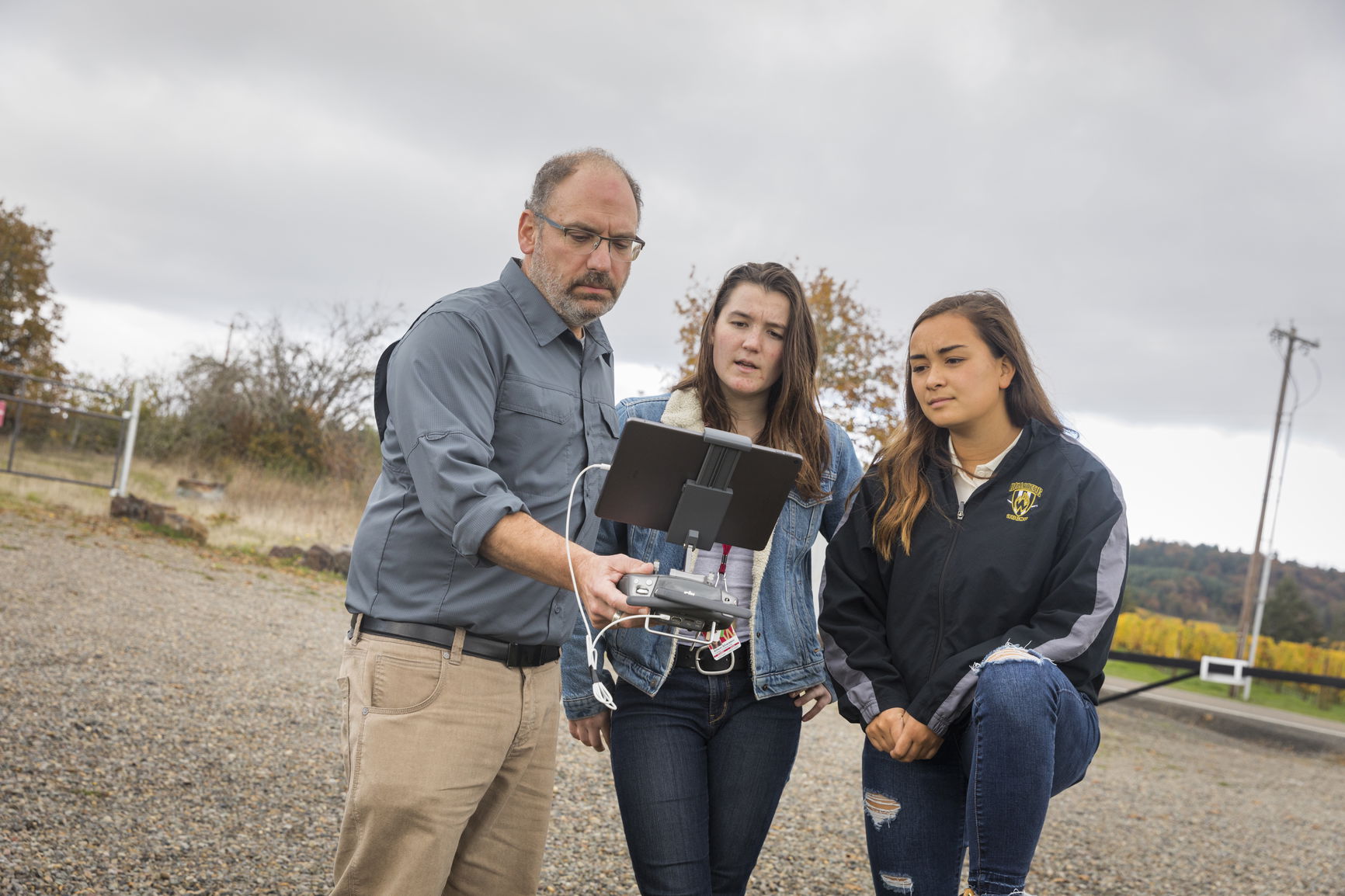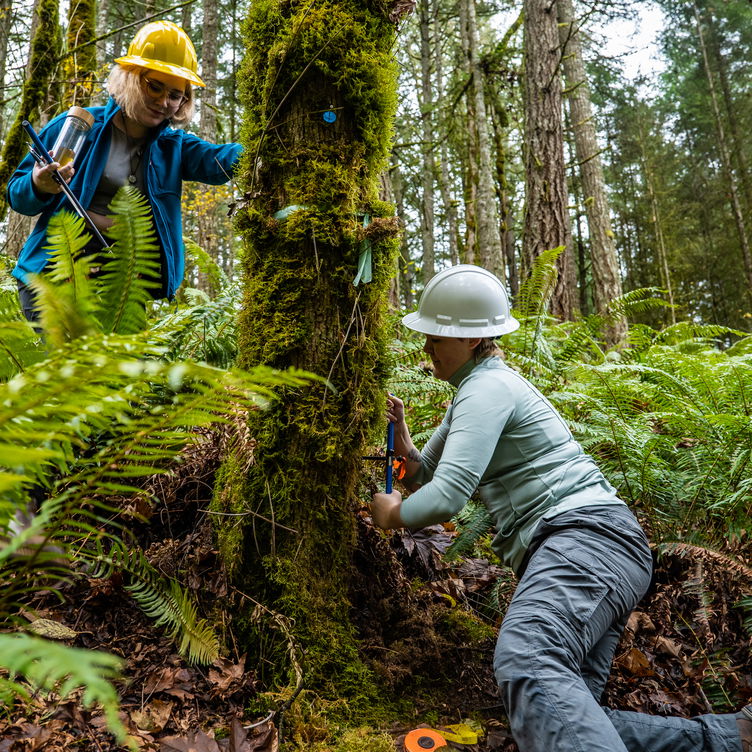Do You Want to Perform Research?
Scientists in these roles collect samples, run experiments, and analyze data to understand how natural systems work. Their findings drive everything from habitat restoration plans to new pollution control technologies, making accurate data the foundation of decisions.
Job titles include:
- Environmental Scientist
- Environmental Chemist or Biologist
- Wildlife or Marine Biologist
- Microbiologist
- Geographer
- Ecologist
- Water Quality Scientist






